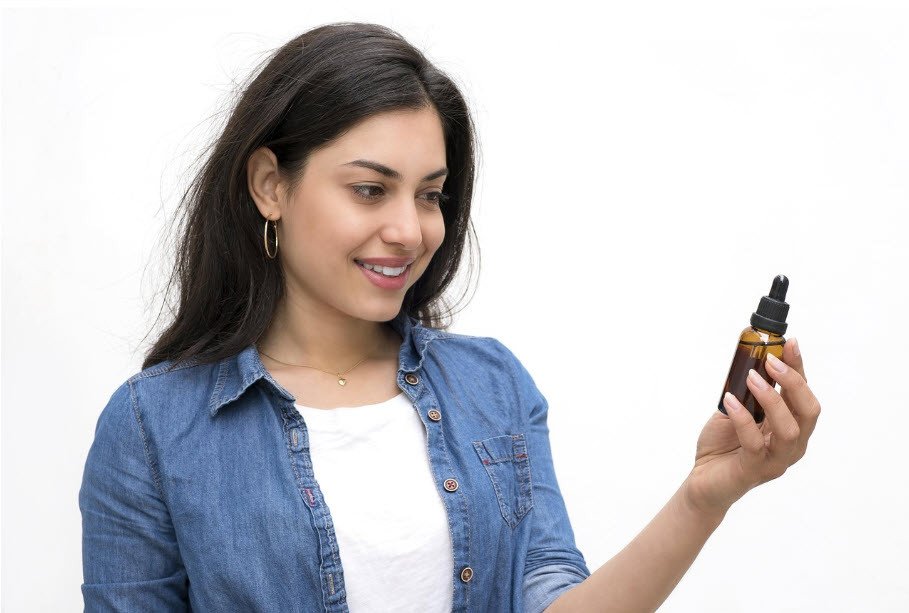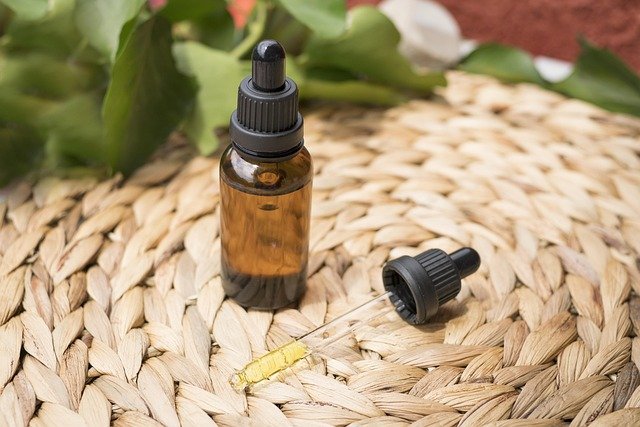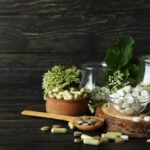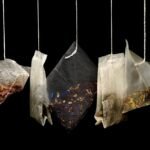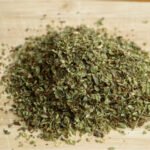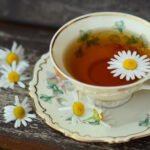Tinctures are concentrated herbal extracts that have been used for centuries in traditional medicine. These potent liquid preparations offer an alternative way to consume herbal remedies, often providing more concentrated effects than teas or capsules. This guide explores everything you need to know about tinctures, from their historical roots to modern applications.
Table of Contents
What Exactly Are Tinctures?
Tinctures are liquid extracts made by soaking herbs in alcohol or another solvent to draw out active compounds. The resulting concentrated liquid contains the essential phytochemicals from the plant material in a highly bioavailable form.
Key Characteristics
- Alcohol-based: Typically 25-60% alcohol content (vodka or grain alcohol most common)
- Highly concentrated: Much stronger than herbal teas or infusions
- Long shelf life: Properly stored tinctures can last 3-5 years
- Fast absorption: Liquid form allows for quick entry into the bloodstream
Common Uses and Benefits
Tinctures serve various purposes in herbal medicine and wellness routines:
Popular Medicinal Applications
- Digestive support: Bitter herb tinctures like gentian or dandelion
- Immune function: Echinacea or elderberry tinctures
- Stress relief: Adaptogenic herbs like ashwagandha or holy basil
- Sleep aid: Valerian or passionflower extracts
- Pain management: Arnica or turmeric tinctures
Practical Advantages
- More portable than bulk herbs or teas
- Precise dosing with dropper bottles
- Faster acting than capsules or tablets
- Can be added to water or other beverages
How to Use Tinctures Properly
Proper administration is key to getting the most from tinctures while minimizing potential side effects.
Standard Usage Guidelines
- Dosage: Typically 1-2 droppersful (about 30-60 drops) 1-3 times daily
- Administration: Can be taken directly under the tongue or diluted in water
- Timing: Often taken 15-30 minutes before meals for better absorption
- Duration: Most are used for 2-6 weeks followed by a break
How to Make Your Own
Basic tincture preparation involves:
- Choose fresh or dried herbs
- Fill jar 1/3-1/2 full with plant material
- Cover completely with 80-100 proof alcohol
- Seal tightly and store in dark place for 4-6 weeks
- Strain through cheesecloth and bottle
Scientific Evidence and Research
While traditional use supports many tincture applications, scientific research varies by herb:
- A 2018 study in Phytotherapy Research found echinacea tincture reduced cold duration
- Research in Journal of Ethnopharmacology shows milk thistle supports liver function
- Clinical trials demonstrate valerian tincture's effectiveness for mild insomnia
- Many herbs lack extensive clinical trials despite long traditional use
Safety Considerations and Precautions
Tinctures are powerful preparations that require careful use:
- Alcohol content: May be unsuitable for recovering alcoholics or certain religious practices
- Drug interactions: Can interfere with medications (especially St. John's Wort, goldenseal)
- Pregnancy concerns: Many herbs are contraindicated during pregnancy
- Quality issues: Contamination or misidentification of herbs is possible
- Allergic reactions: Possible sensitivity to plant compounds
Key Takeaways
- Tinctures are concentrated alcohol-based herbal extracts
- Offer faster absorption and longer shelf life than other forms
- Used for various health concerns from immunity to sleep
- Proper dosing and timing are crucial for effectiveness
- Quality control and potential interactions require caution
Frequently Asked Questions
Are they stronger than capsules?
Yes, tinctures are generally more concentrated and faster-acting than capsules because the liquid form allows for quicker absorption.
Can you get drunk from herbal concoctions?
Unlikely with normal doses. A typical dose contains less alcohol than a ripe banana (about 1/10 of a standard drink).
Are there alcohol-free options?
Yes, glycerite tinctures use vegetable glycerin instead of alcohol, and vinegar extracts are another alternative.
How long do they take to work?
Effects vary by herb, but sublingual administration can produce effects in 15-30 minutes, while systemic benefits may take days or weeks.
Can I take multiple concoctions together?
While possible, it's best to consult an herbalist as herbs can interact with each other just like medications.
Disclaimer: The content of this post is provided for informational purposes only. It is essential to consult with a qualified healthcare professional before making any decisions regarding your health or wellness. The author is not a licensed medical professional, and this information should not be considered medical advice.
Have you ever used herbal tinctures? Share your experiences and favorite preparations in the comments below!
If you require any assistance with this article, please do not hesitate to Contact Us
